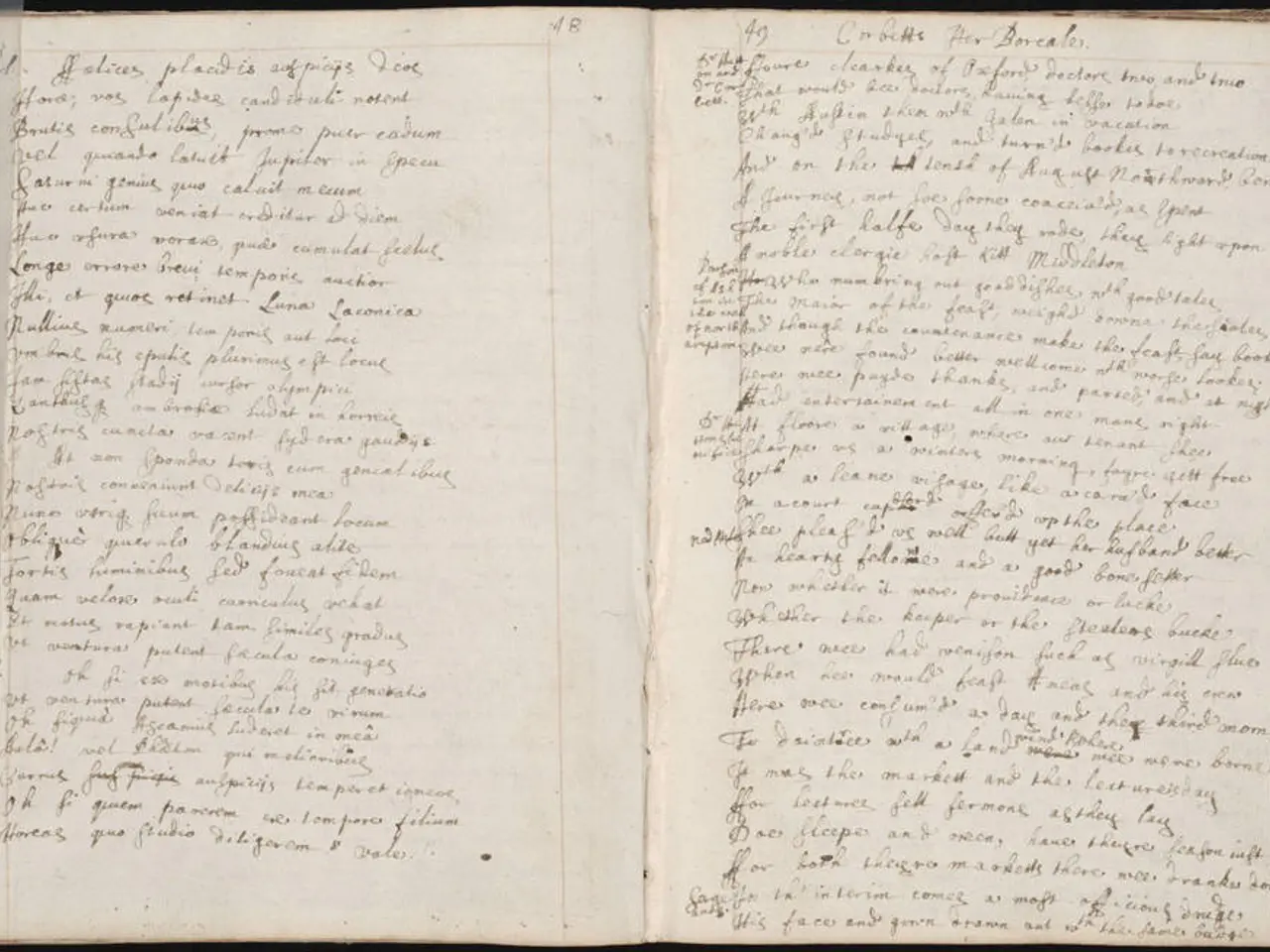University Professor's Lawsuit Reflects Texas' Evolving Stance on Freedom of Expression
Controversial Settlement Highlights Free Speech Debate at University of North Texas
The recent settlement between music theory professor Timothy Jackson and the University of North Texas (UNT) serves as a striking example of the ongoing tensions surrounding free speech and racial equity in higher education.
In 2021, Jackson sued UNT for First Amendment violations, alleging that the university had silenced him and defamed him by calling him a racist, following a 2020 symposium responding to racial criticisms of a 19th-century music theorist. The lawsuit stemmed from a controversy over a journal issue responding to a plenary talk by New York professor Philip Ewell, with Jackson publishing a response that was criticized as racist by some faculty and students.
The settlement, reached earlier this month, saw Jackson receiving a $725,000 settlement, with $400,000 going to him and $325,000 for his legal fees. The agreement restored Jackson’s role as editor of the journal for five years, resumed journal publication, reduced his teaching duties, and included the appointment of a research assistant to support his work. Notably, the university did not admit guilt for any of the claims brought in the suit.
Jackson's case underscores the contentious environment in higher education where racial equity initiatives and cultural norms increasingly influence what views can be publicly debated. The professor expressed concern that future laws may encroach on academics' ability to study in their fields acutely. He stated that he would probably contextualize some of what he wrote in the journal and provide more citations if he could go back.
The lawsuit and settlement are part of a larger battle playing out at universities across the country over what should and shouldn't be considered protected speech, particularly regarding race. In March, state lawmakers demanded the removal of a student exhibit titled "Perceptions: Observations & Reflections of the Western Muslim" at UNT, citing it as inflammatory, antisemitic, and calling the war in Gaza "genocide."
Jackson is considering placing all of the exhibits from his legal case on a website for public viewing. The Foundation for Individual Rights and Expression (FIRE) supported Jackson's First Amendment case but discouraged him from including defamation claims against other faculty, as defamation suits can sometimes be used to chill protected speech.
The Texas Legislature passed Senate Bill 37, granting university systems' governor-appointed boards of regents the ability to reject courses that do not align with the state's workforce demands. This legislation adds another layer of complexity to the debate, as it raises questions about the balance between academic freedom and institutional accountability.
In conclusion, the Timothy Jackson case at UNT serves as a poignant reminder of the ongoing struggle over free speech and academic freedom in higher education. The settlement reflects some acknowledgment of free speech rights but also illustrates the ongoing struggle over the limits of expression and ideological diversity in academia.
- The controversy over Timothy Jackson's lawsuit against the University of North Texas (UNT) has made its way into general news, expanding the free speech debate to the broader context of politics and education-and-self-development.
- The settlement between Jackson and UNT has raised concerns among academics about the potential impacts of news stories and politics on their ability to research and teach without interference, particularly in areas related to race and cultural norms.
- Despite the recent settlement, ongoing investigations and legislation, such as Senate Bill 37 in Texas, continue to impact the balance between academic freedom and institutional accountability, making headlines in the news and adding complexity to the broader discussions on free speech and politics in higher education.




